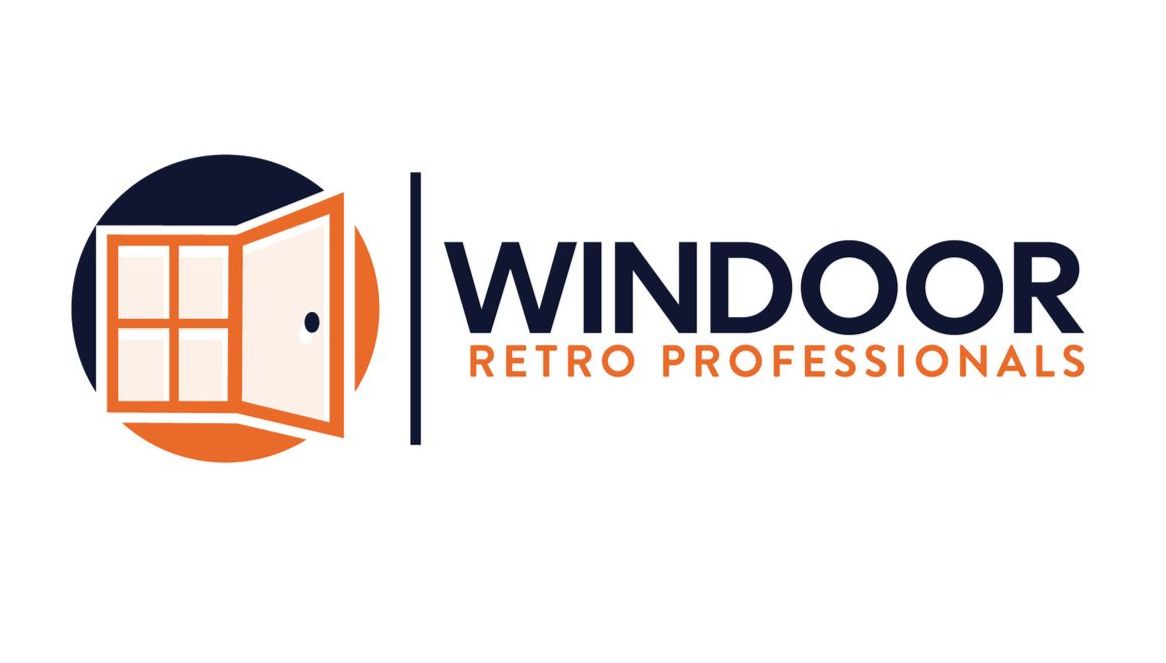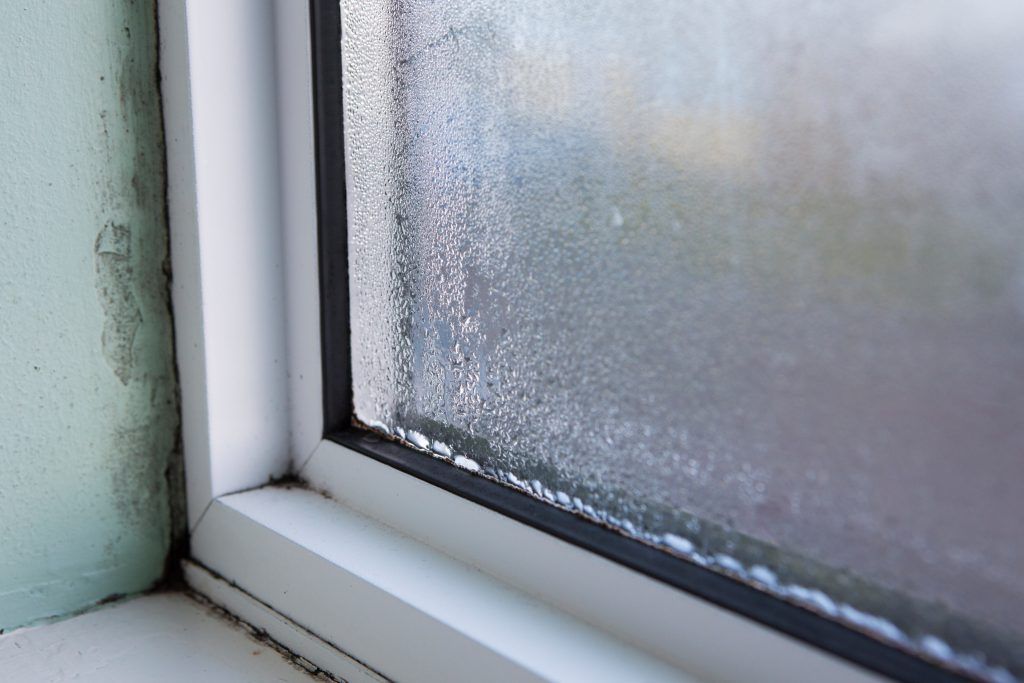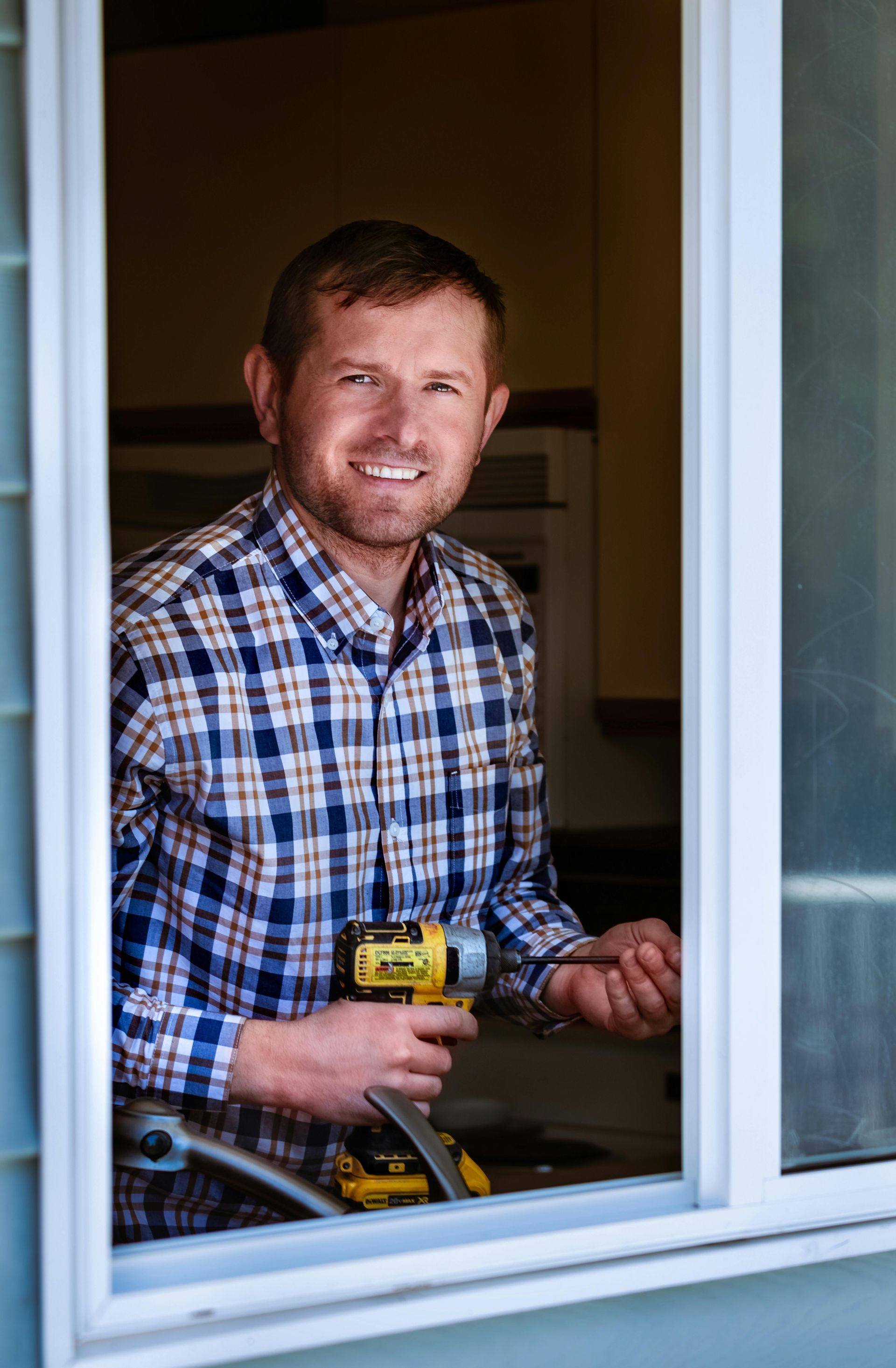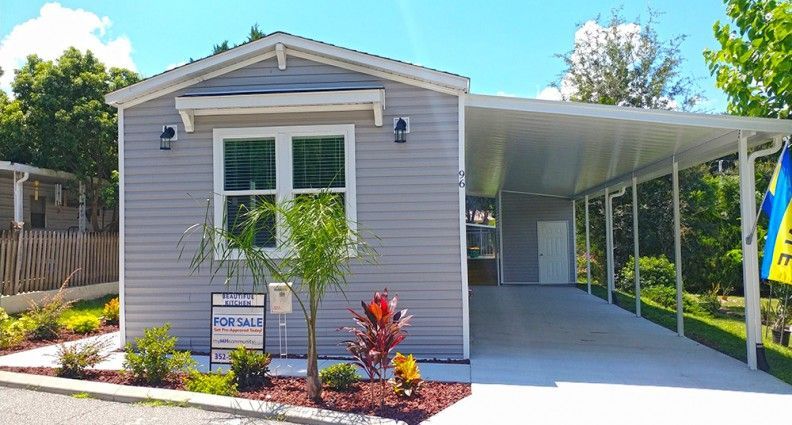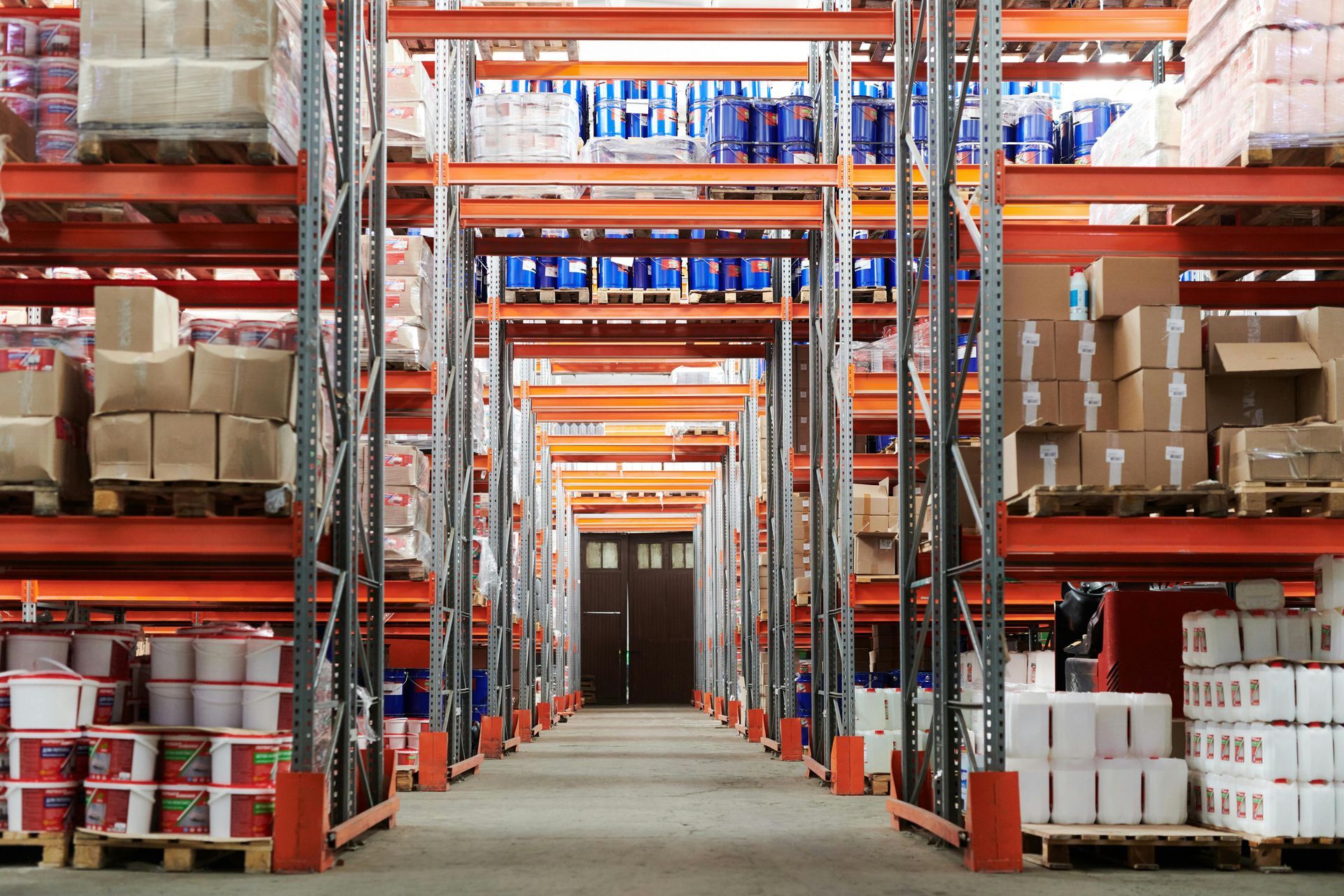Not All Vinyl Is Created Equal: The Dirty Truth Behind Window Frames
Vinyl windows aren’t all the same—and your home (and warranty) could suffer if you don’t know the difference. Here’s what really goes into your frames.
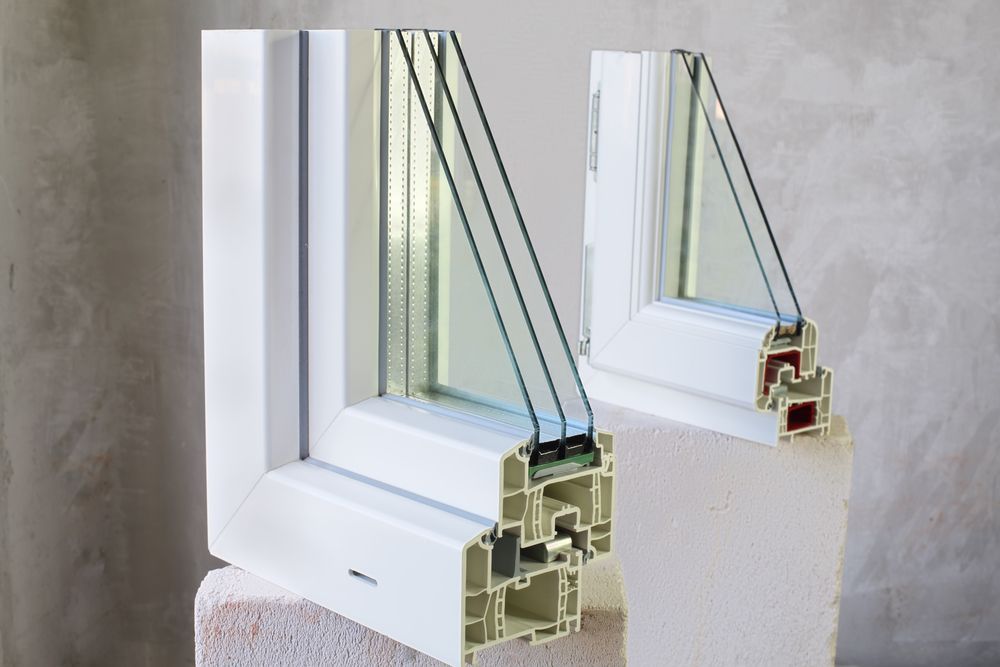
Let’s clear the air right now: just because your window is “vinyl” doesn’t mean it’s good. Saying a window is vinyl is like saying your car has tires—it’s not a selling point unless we talk about what kind, how they're made, and whether or not they’ll fall apart when things heat up… like a Florida summer.
Homeowners often assume vinyl is vinyl. But in reality, there are huge differences in quality based on the extrusion process, formula, reinforcement, and even the UV protectants baked in. If your windows were made with cheap, recycled vinyl, you may be looking at warping, seal failure, yellowing, cracking, and a warranty that disappears faster than your energy savings.
So let’s break it down. This blog post is going to teach you everything you didn’t know you needed to know about vinyl window frames—and we’re pulling back the curtain on who actually makes the vinyl for most window manufacturers (spoiler alert: it’s probably not the window company itself).
🧱 First, What Is “Vinyl” in Windows?
Vinyl window frames are typically made from PVC (polyvinyl chloride), a plastic-based material known for its resistance to moisture and rot. But don’t let the “plastic” label fool you—high-end vinyl is engineered to be strong, UV-resistant, and thermally efficient.
It all comes down to the extrusion process—that’s when molten vinyl is formed into the shape of your window frame. This process, along with the additives used, determines everything from the strength and flexibility to the longevity and warranty support of your windows.
So what are we really looking at? There are three levels of vinyl quality in the window world:
1️⃣ Virgin Vinyl (First Use):
Top-tier. No recycled materials, smooth finish, optimal strength. Designed to resist UV damage, warping, and discoloration.
2️⃣ Regrind Vinyl (Partially Recycled):
Middle-tier. May contain recycled content. Less expensive, but more prone to inconsistencies and color fade over time.
3️⃣ Post-Consumer Recycled Vinyl (Scrap):
Bottom-tier. Often used in budget windows. Weak welds, higher likelihood of cracking, yellowing, and warping. Common in “off-brand” or imported windows.
🏭 Who Actually Makes the Vinyl?
Here’s the insider scoop most companies won’t tell you: a huge percentage of vinyl frames used by well-known window manufacturers are extruded by the same supplier—Deceuninck.
🔍 Who Is Deceuninck?
Deceuninck is a global leader in vinyl extrusion. Founded in Belgium in 1937, they expanded to North America in the 1980s and now operate one of the largest extrusion facilities in the U.S., located in Monroe, Ohio.
They produce vinyl systems for dozens of window brands, including many of the household names you’ve heard of—but you’d never know unless you asked. Some window manufacturers white-label Deceuninck extrusions, slap their own branding on them, and call it a day.
Deceuninck’s vinyl formulas are proprietary, but they include advanced UV stabilizers, impact modifiers, and foam-core reinforcement options that can dramatically enhance strength and insulation.
So when you’re buying from brands that partner with Deceuninck, you’re getting reliable frame quality backed by decades of innovation—even if the salesperson doesn’t know it.
🔥 Florida Heat & Vinyl Window Survival
Here in Florida, your vinyl frames are battling:
- Blistering UV radiation
- Relentless humidity
- Sudden temperature swings
- Salt air corrosion (if you're coastal)
Low-end vinyl will literally melt, warp, or crack under pressure, leading to air leaks, condensation, and eventual window failure. You may not notice it in year one, but by year five, you’re wondering why your “lifetime” windows are fogged up and your utility bill looks like a car payment.
That’s why wind load ratings, impact resistance, and UV-resistance additives matter more here than just about anywhere else.
🧾 How Vinyl Affects Your Warranty
Most manufacturers offer a limited lifetime warranty—but they’re often contingent on the quality of the vinyl and the installation.
❌ With low-quality vinyl:
- You’ll likely see exclusions for warping, yellowing, or seal failure within 5–10 years.
- Your warranty might not cover service labor.
- You may not be eligible for warranty transfer if you sell your home.
✅ With premium vinyl extrusions like Deceuninck:
- Warranties often include color retention, structural performance, and glass seal integrity.
- Some are transferable to the next homeowner.
- Service is more likely to be handled by a local certified dealer.
🏠 Why We Choose Premium Vinyl at Windoor Retro Professionals
At Windoor Retro Professionals, we know Florida eats average windows for breakfast. That’s why we install windows from manufacturers that use high-quality extrusions—like Eastern Architectural Systems, CWS by Pella, Viwinco, and PGT. Many of these either partner with or meet the same specs as leaders like Deceuninck.
We don’t just sell “vinyl windows.” We sell vinyl systems that are engineered for Florida, with warranties that mean something when the sun sets… and your energy bill arrives.
Ready to upgrade with windows that hold their shape and their value?
Contact Windoor Retro Professionals and let’s talk about the real stuff—not just what the salesperson wants you to hear.
